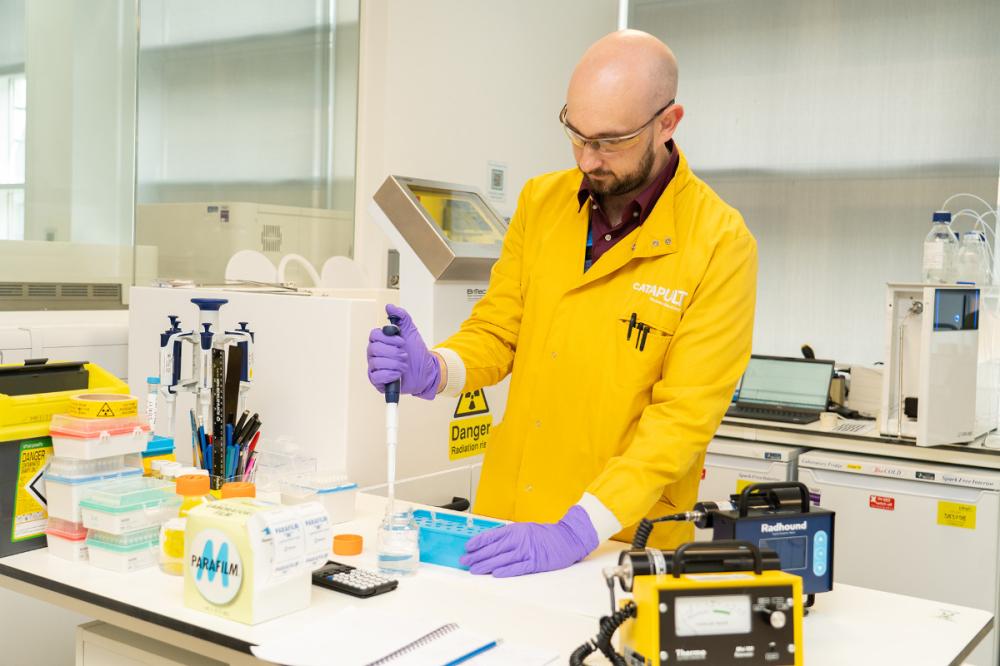search
date/time
 | Yorkshire Times A Voice of the Free Press |

Helen Kitchen
Deputy Business Editor
1:01 AM 19th November 2025
business
Used Nuclear Fuel To Power New Cancer Drugs

Radiopharmaceuticals represent a powerful and precise approach to cancer therapy
The initiative, co-led by the UK National Nuclear Laboratory (UKNNL) and Medicines Discovery Catapult (MDC), has secured £18.8 million in funding — £9.9 million from the Innovate UK Sustainable Medicines Manufacturing Innovation Programme (SMMIP), backed by £8.9 million from industry.
Recycling Nuclear Waste into Life-Saving Treatment
The project will use the radionuclide lead-212 to create treatments known as Targeted Alpha Therapies (TATs). These radiopharmaceuticals are a form of precision medicine designed to target and destroy cancer cells while minimising damage to healthy tissue.
UKNNL has developed a method to harvest lead-212 from recycled nuclear fuel that has already been used to generate electricity. Julianne Antrobus, CEO at UKNNL, highlighted the unique opportunity: “Developed from recycled fuel that has already served the nation by powering homes, lead-212 can now serve us again by offering new hope to cancer patients.”
The UK possesses large reserves of lead-212, meaning this approach could be scaled up to supply new treatments both nationally and worldwide.
Fueling Clinical Trials
The SMMIP funding will be used to build the necessary infrastructure to support clinical trials and ultimately bring these treatments to patients.
Science and Technology Secretary Liz Kendall commented on the development: “It’s incredible to think that we could turn used nuclear fuel into cutting edge cancer treatments – but that is exactly what British scientific brilliance is making possible.”
Professor Chris Molloy, CEO of Medicines Discovery Catapult, described lead-212 as an “untapped national asset with extraordinary medical potential,” stressing that the funding allows the consortium to build the necessary "infrastructure to produce, trial, and scale this evergreen approach."
The consortium includes five other partners: Cyclife Aquila Nuclear, PentaBind, Iksuda Therapeutics, Seda, and entX, aiming to establish a complete ecosystem for the development and delivery of these new nuclear medicines.